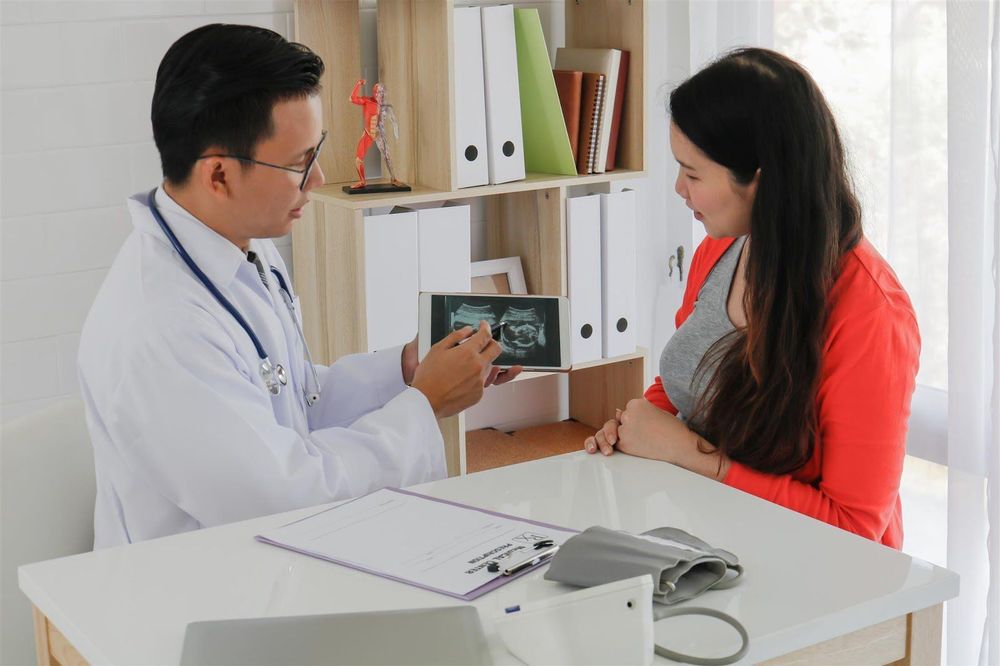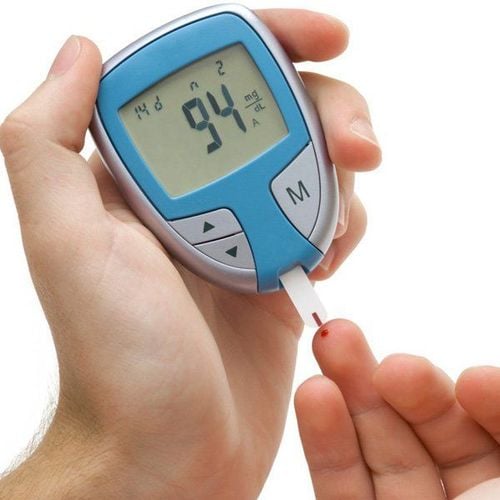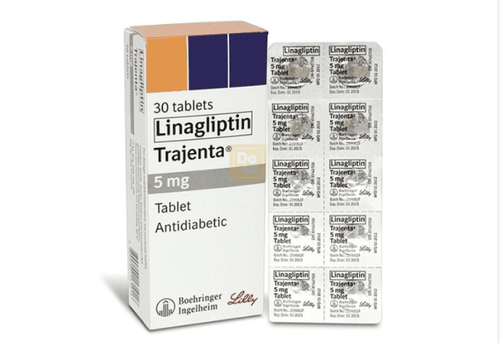This is an automatically translated article.
If diabetes is diagnosed during the first half of your pregnancy, there's a good chance you had diabetes before you conceived and didn't know it. In this case, your doctor may do a fetal echocardiogram (an ultrasound that focuses on the baby's heart) because of the risk of birth defects, especially heart defects, if your blood sugar is high for 8 weeks. the first week of pregnancy, when your baby's body is already forming.1. What will I need to do if I have gestational diabetes?
You will need to regularly monitor your sugar levels, using a meter or test strip. To keep your sugar levels stable, you will do:Good control of your diet : You should consult a nutritionist to help you build a specific meal and dish plan based on your height, weight and weight. your body mass, and your activity level. Your diet must have a balance between protein, fat and starch, providing the right vitamins and minerals. To keep your blood sugar stable, it's important that you don't skip meals, especially breakfast, and that you avoid sugary foods like candy, cookies, cakes, and soda.
Exercise: Research shows that moderate exercise also improves the body's ability to process glucose, keeping blood sugar levels stable. Many women with gestational diabetes only need 30 minutes of aerobic activity, like walking or swimming, each day. Ask your doctor what level of physical activity would benefit you.
Take medicine if necessary: If you cannot control your sugar with diet and exercise, your doctor will prescribe medication. About 15% of women with gestational diabetes need medication. Most patients start with oral medication before taking an injection.

Tiểu đường thai kỳ là bệnh thường gặp trong quá trình mang thai
2. Do I need additional testing while I'm pregnant?
Your doctor wants to monitor your baby more actively during the last 2-3 months of pregnancy, depending on the extent of your diabetes. This means you will have to have antenatal check-ups more often than usual. You will learn to count fetal movements from the 28th week, you will notify the doctor when the baby moves less.If you can't control your blood sugar or it gets too high to require medication, or if you have any other risk factors, you may have tests to check your baby's well-being , starting at 32 weeks (as early as 28 weeks, depending on the health of you and your baby).
This test may include fetal heart rate monitoring (spontaneous check-ups) and periodic ultrasound examinations called physical examination sections. If your gestational diabetes is mild, well controlled without medication, and you have no other problems, you probably won't need any further testing until 40 weeks pregnant.
You can also do more ultrasounds in the last trimester to monitor your baby's development. Your doctor may ask you to do early intervention if medication is needed. You will also have an ultrasound close to your due date. If your baby is estimated to be quite large, you may be induced to go into labor before your due date, or your doctor will consider a cesarean section. Note: If diabetes is diagnosed during the first half of pregnancy, there is a good chance that you had diabetes before you conceived without knowing it. In this case, your doctor may do a fetal echocardiogram (an ultrasound that focuses on the baby's heart) because of the risk of birth defects, especially heart defects, if your blood sugar is high for 8 weeks. the first week of pregnancy, when your baby's body is already forming.

Tiểu đường thai kỳ cần được theo dõi kỹ trong thời gian 2-3 tháng cuối của thai kỳ
3. What can I do to reduce my risk of developing diabetes in the future?
Reducing your weight, making healthy food choices, and exercising regularly can help you ward off disease. Also, breastfeeding is a protective measure. Research shows a link between breastfeeding and weight loss after giving birth, which reduces the risk of developing type 2 diabetes.4. What can I do to reduce the risks associated with my child through infancy and beyond?
Evidence shows that breastfeeding has a positive effect on glucose metabolism and may help prevent obesity and reduce your baby's risk of diabetes, among other benefits. And because your child is at increased risk of obesity during development and adulthood - as well as an increased risk of cardiovascular disease and diabetes - it's important that you help your child eat a healthy diet, maintain a normal weight, and stay physically active. Finally, make sure your doctor knows you've had gestational diabetes.The Maternity Package of Vinmec International General Hospital includes all necessary screenings and tests before - during - and after childbirth, protecting mothers against risks from gestational diabetes and rest assured to welcome the little angel born.
Please dial HOTLINE for more information or register for an appointment HERE. Download MyVinmec app to make appointments faster and to manage your bookings easily.













